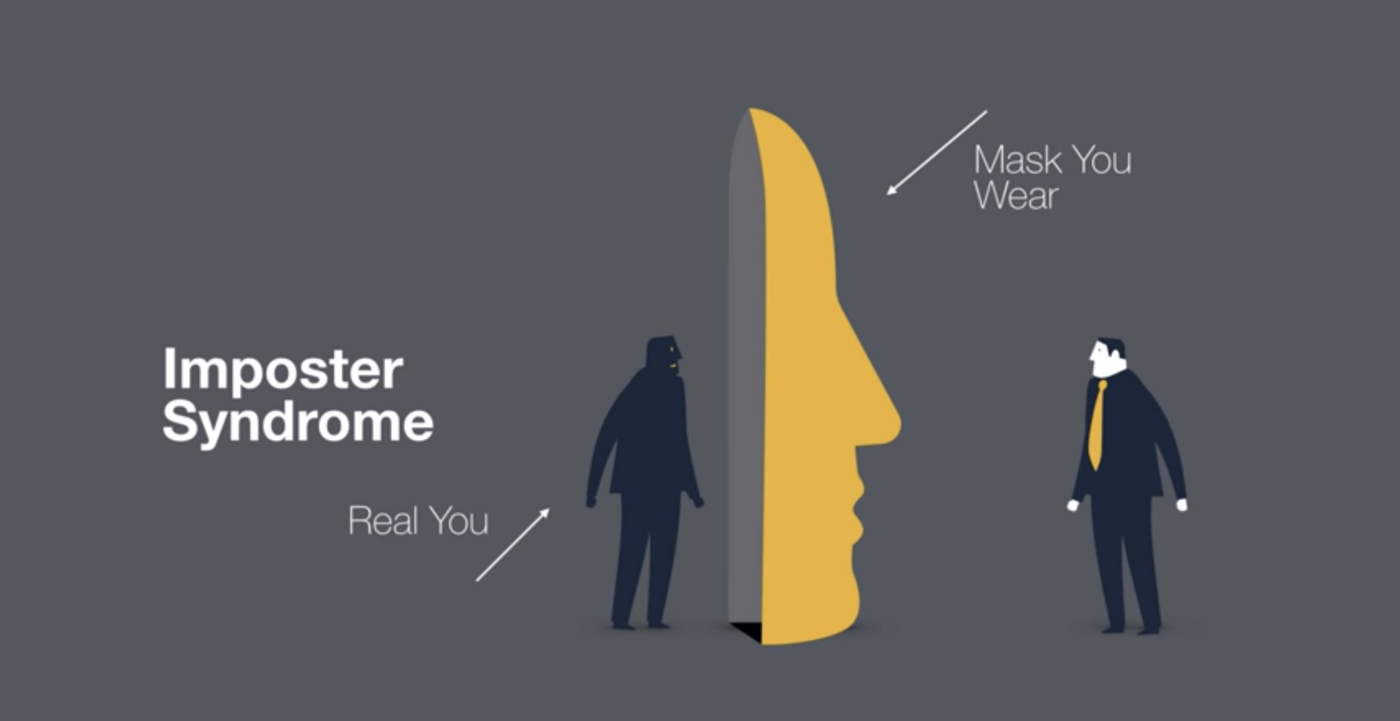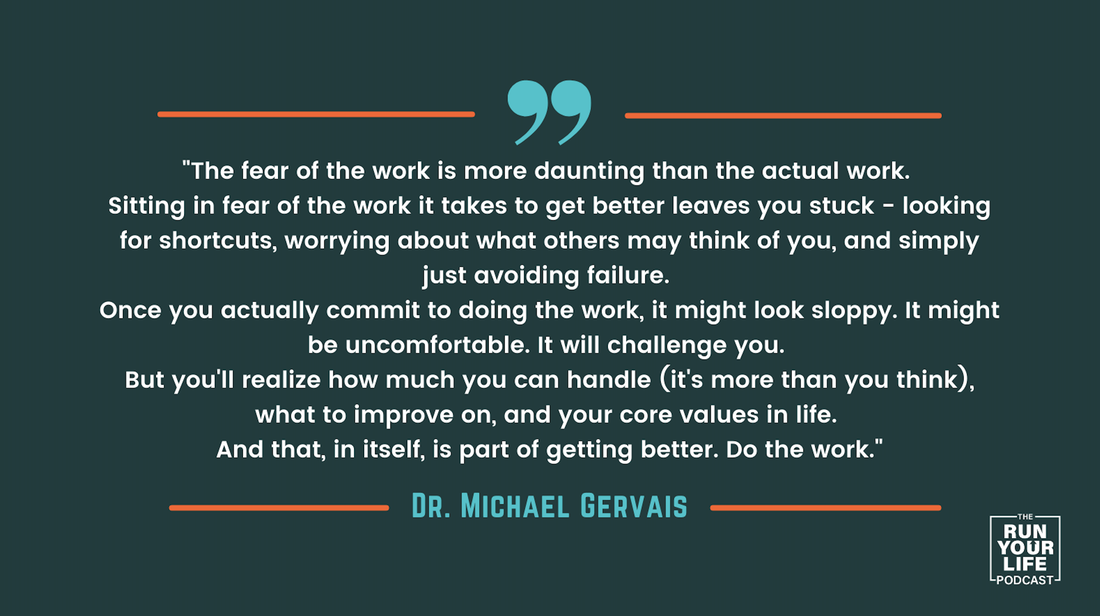|
Have you ever struggled with the feeling that you aren't as competent or intelligent as others might think you are? Has it ever felt that it was just a matter of time before you were going to be exposed and the truth would come out? If this is the case, you are not alone. Research suggests that 25-30% of people, especially high achieving, well-accomplished individuals struggle with 'imposter syndrome' with regularity in their lives. And, as high as 70% of people have fought or will fight feelings of imposter syndrome at least once in their lifetime. According to Psychology Today magazine, personality traits largely drive imposter syndrome. Those who experience it struggle with issues related to self-efficacy, perfectionism, and neuroticism. Competitive environments can also lay the groundwork for imposter syndrome to rear its ugly head. There are many reasons why imposter syndrome exists. Some researchers believe that people who go on to develop feelings of impostorism faced intense pressure about academic achievement from their parents in childhood. Whatever the reasons are for developing imposter syndrome, it is never easy to deal with. If you have experienced imposter syndrome first hand or know someone close to you that has struggled with it, rest easy in knowing there are specific strategies that can put into action to combat it. Learning to positively deal with imposter syndrome requires deep internal work. People can fear doing the internal work needed to overcome inner conflict in their lives. Doing this work can be challenging, but as well-known high performance psychologist, Dr. Michael Gervais, states: Here are 3 ways that you can learn to positively cope with imposter syndrome in order to better honor who you are and what you are truly capable of:
1. Don't Push It Away Don't feel that it's your job to ignore imposter syndrome or not allow it in your life. Everything shows up in our life for a reason. Learn to sit with self-criticism, even if harsh, but don't let it define who you are or what you are capable of. Perhaps imposter syndrome shows up as a protective mechanism in our life. Could it be there, at times, to draw more attention to our roles and responsibilities and the demands of our job? Rather than push it away or ignore it, how might we identify when it's happening and use whatever metaphor necessary to sideline it. For example, a good strategy is to think of a sports game either on a field or in an arena. When imposter syndrome shows up in our life, let it know it is allowed to stay, but that it can only watch the game from the sidelines or the stands. Thank it for showing up, but be certain to let it know that you don't need it at that moment. You are the one playing the game. Learn to build an alliance with it and befriend it, but do not let it define who you are or what you are capable of achieving. 2. Scan For Evidence of Good Dr. Martin Seligman, the Director of the Penn Positive Psychology Center and best-selling author, promotes a strategy called 'Scanning for Evidence' or 'Being a Researcher of Good' to help people draw more awareness to the good things in life. Rather than focusing on all the things that are not going well, Seligman suggests that we need to build the skill of searching for the good in our lives and for reasons to celebrate and hold in higher regard. In doing so, we can easily find evidence to contradict the negative, harsh, judgmental inner critic that can show up in our life at times. So, when experiencing imposter syndrome, put this strategy into action right away. Scan for the evidence that proves you have done the hard work necessary to be where you are. Not only have you earned it, you are fully capable and competent of achieving great success. As well, acknowledge that you are a learner who is always willing to grow and get better each day. By scanning for the good, you can disprove the harsh, inner critic almost immediately and gain the upper hand on imposter syndrome when it shows up. 3. Don't Seek Perfection Even the highest achievers and performers in the world know what their gaps and limitations are. These people understand that they do not need to know or be able to do everything. They consistently seek help when they need it. They do not have a 'must go it alone' mentality, but rather, they understand the positive impact that building a team of support around them has on their own performance. They are never afraid to seek support and communicate their own needs with consistency. Vulnerability plays a crucial role in this process. When you are feeling overwhelmed by imposter syndrome, remind yourself that you do not need to be perfect. Build your internal capacity to ask for help when you need it, admit what you don't know, and double down on your own strengths in order to continually broaden the tool kit of skills needed to succeed in your life. In the process, you will not only be able to better deal with imposter syndrome when it arises, but also lift others up around you as well. Finding Your Best In October of 2021, I was fortunate enough to interview Dr. Michael Gervais on my Run Your Life podcast series. In this episode, Michael and I discuss, in great detail, the work that he has committed himself to which is focused on helping people to build the internal skills needed to perform to the best of their ability. In this conversation, Michael shares deep insight into what it takes to develop a more empowering personal narrative. In this episode, you will learn specific strategies to overcome imposter syndrome and other obstacles that get in the way of success and fulfillment. Click the photo below to access the conversation with Dr. Michael Gervais on my podcast. As always thanks for reading. Please share or comment in the space below to add any other thoughts you have about this post.
0 Comments
Leave a Reply. |
AuthorKAUST Faculty, Pedagogical Coach. Presenter & Workshop Leader.IB Educator. #RunYourLife podcast host. Archives
September 2022
|
- Welcome
- All Things Teaching and Learning
- The Aligned Leader Blog
- Consulting and Coaching Opportunities
- My TED X Talk
- My Leadership Blog
- Run Your Life Podcast Series
- How PYP PE with Andy Has Helped Others
- Good Teaching is L.I.F.E
- The Sportfolio
- Example Assessment Tasks
- PYP Attitude Posters (printable)
- Publications



 RSS Feed
RSS Feed
